Serbia's agricultural potential - EUR 12 billion
The gross value of average agricultural production yield in Serbia could be EUR 12 billion, but the current situation in the agricultural sector is "very bad".
Friday, 15.03.2013.
20:40

MT. KOPAONIK The gross value of average agricultural production yield in Serbia could be EUR 12 billion, but the current situation in the agricultural sector is "very bad". This is true despite the fact that the sector should have a key role in the reindustrialization process, participants in the 2013 Kopaonik Business Forum said on Friday. Serbia's agricultural potential - EUR 12 billion The gathering also heard that agriculture and energy are crucial elements of national sovereignty and the industries where we should be very cautious when it comes to investments. Managing Director of the Economics Institute Dragan Sagovnovic said that the gross value of Serbia's agriculture production currently amounts to EUR 4.5 billion, making up 25 percent of the country's exports and one-third of the total number of employees. One farmer in Serbia feeds 15 people, while in Germany the number is 156, which clearly shows what the Serbian agriculture situation is like, Sagovnovic said. Commenting on an investment announced by Al Dahra, the United Arab Emirates' agricultural company, Sagovnovic said that Serbia should never miss on investment that can help the country's development, but should nevertheless be careful when it comes to investments in the sector. Speaking about the situation in the Serbian agriculture, MK Group Chairperson Miodrag Kostic pointed to the Census data that shows that Serbia has a total of 631,122 farms, 628,555 of which are family-owned. An average farm occupies about 4.5 hectares of land, has one two-axle tractor, one head of cattle, four pigs, three sheep, 26 heads of poultry and one bee colony, he noted. Miladin Sevarlic, professor at the Faculty of Agriculture in Belgrade, compared the Serbian agriculture to “a ship without a compass” and stressed that cattle raising, which he called “the industry of the Serbian agriculture,” has suffered the most. A panel discussion during the Forum (Tanjug) "Outline of new economic strategy" This year's Business Forum demonstrated that the outline of the government's new economic strategy is being set down and this is how Kopaonik Business Forum 2013 differs from the previous meetings of economists in Kopaonik, participants of the three-day forum told Tanjug. “During the Forum, we won considerable support of the National Bank of Serbia (NBS) and the Ministry of Finance and Energy for the beginning of reindustrialisation and launching an investment cycle,” Erste Bank Executive Director Slavko Caric stated. He commended Minister of Finance and Energy Mladjan Dinkic who called on businessmen to file propositions for laws themselves. CEO of Uniqa Insurance in Serbia Franz Weiler qualified as positive the work of the Business Forum so far and noted that the Serbian government tackled the right issues. There is no magic formula, this is a long-term process and it calls for patience and continuity and the future governments will also participate in it, Weiler said. President of the Executive Council of Hypo Alpe Adria Bank Vladimir Cupic said that members of the government sent a clear and realistic message about the course the Serbian economy should develop in the future. Minister Dinkic spoke about the projects and the way they are designed, Cupic said and added that this brings hope things will look up in the future. Cupic believes that local sectors hold no investment potential to generate the sufficient amount of investments which would pull the country out from the crisis and this is why Serbia needs to attract new foreign investors. Vice President of the Serbian Chamber of Commerce (PKS) Vidosava Dzagic stated that she heard nothing new at the 2013 Kopaonik Business Forum. "Maybe some ideas were voiced differently but the essence of the message is the same," Dzagic said and added that everyone agreed that a decision needs to be made but the way to implemented was not determined. President of the Srpska Banka Executive Board Ivan Maricic said that this year's forum showed determination to solve one of important problems which the financial sector, banks and Serbian companies are facing which is embodied in high funding costs. "What is very important is for the government, banks and the real sector to function as a strong pact so that they could work together and find a solution to high funding costs which foreign companies cannot meet and thus ensure considerable advantage in terms of position on the international market," Maricic said. President of the Executive Board of Intesa Bank Draginja Djuric told Tanjug that the stands voiced at the forum from the standpoint of the banking sector and real sector of economy were very clear. "There has to be a certain unity between the government, the NBS and real and banking sector and it seems that if we pursue this path, solutions would become obvious soon," Djuric said. Tanjug
Serbia's agricultural potential - EUR 12 billion
The gathering also heard that agriculture and energy are crucial elements of national sovereignty and the industries where we should be very cautious when it comes to investments.Managing Director of the Economics Institute Dragan Šagovnović said that the gross value of Serbia's agriculture production currently amounts to EUR 4.5 billion, making up 25 percent of the country's exports and one-third of the total number of employees.
One farmer in Serbia feeds 15 people, while in Germany the number is 156, which clearly shows what the Serbian agriculture situation is like, Šagovnović said.
Commenting on an investment announced by Al Dahra, the United Arab Emirates' agricultural company, Šagovnović said that Serbia should never miss on investment that can help the country's development, but should nevertheless be careful when it comes to investments in the sector.
Speaking about the situation in the Serbian agriculture, MK Group Chairperson Miodrag Kostić pointed to the Census data that shows that Serbia has a total of 631,122 farms, 628,555 of which are family-owned.
An average farm occupies about 4.5 hectares of land, has one two-axle tractor, one head of cattle, four pigs, three sheep, 26 heads of poultry and one bee colony, he noted.
Miladin Ševarlić, professor at the Faculty of Agriculture in Belgrade, compared the Serbian agriculture to “a ship without a compass” and stressed that cattle raising, which he called “the industry of the Serbian agriculture,” has suffered the most.
"Outline of new economic strategy"
This year's Business Forum demonstrated that the outline of the government's new economic strategy is being set down and this is how Kopaonik Business Forum 2013 differs from the previous meetings of economists in Kopaonik, participants of the three-day forum told Tanjug.“During the Forum, we won considerable support of the National Bank of Serbia (NBS) and the Ministry of Finance and Energy for the beginning of reindustrialisation and launching an investment cycle,” Erste Bank Executive Director Slavko Carić stated.
He commended Minister of Finance and Energy Mlađan Dinkić who called on businessmen to file propositions for laws themselves.
CEO of Uniqa Insurance in Serbia Franz Weiler qualified as positive the work of the Business Forum so far and noted that the Serbian government tackled the right issues.
There is no magic formula, this is a long-term process and it calls for patience and continuity and the future governments will also participate in it, Weiler said.
President of the Executive Council of Hypo Alpe Adria Bank Vladimir Čupić said that members of the government sent a clear and realistic message about the course the Serbian economy should develop in the future.
Minister Dinkić spoke about the projects and the way they are designed, Čupić said and added that this brings hope things will look up in the future.
Čupić believes that local sectors hold no investment potential to generate the sufficient amount of investments which would pull the country out from the crisis and this is why Serbia needs to attract new foreign investors.
Vice President of the Serbian Chamber of Commerce (PKS) Vidosava Džagić stated that she heard nothing new at the 2013 Kopaonik Business Forum.
"Maybe some ideas were voiced differently but the essence of the message is the same," Džagić said and added that everyone agreed that a decision needs to be made but the way to implemented was not determined.
President of the Srpska Banka Executive Board Ivan Maričić said that this year's forum showed determination to solve one of important problems which the financial sector, banks and Serbian companies are facing which is embodied in high funding costs.
"What is very important is for the government, banks and the real sector to function as a strong pact so that they could work together and find a solution to high funding costs which foreign companies cannot meet and thus ensure considerable advantage in terms of position on the international market," Maričić said.
President of the Executive Board of Intesa Bank Draginja Đurić told Tanjug that the stands voiced at the forum from the standpoint of the banking sector and real sector of economy were very clear.
"There has to be a certain unity between the government, the NBS and real and banking sector and it seems that if we pursue this path, solutions would become obvious soon," Đurić said.












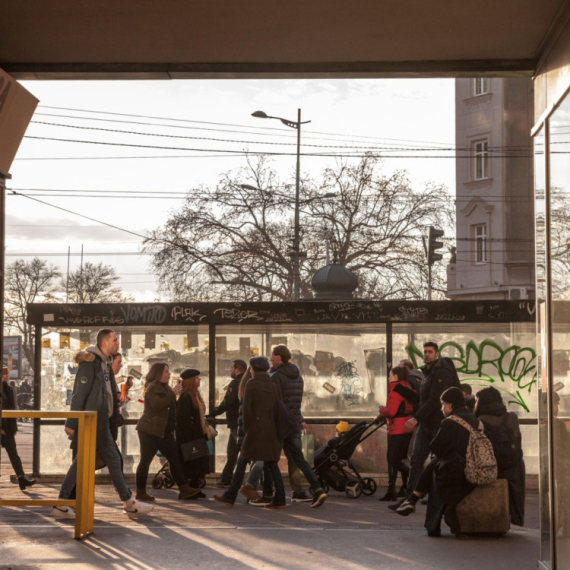


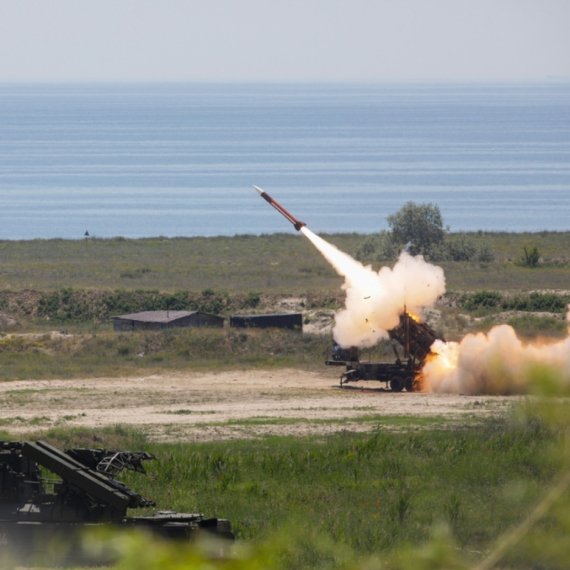
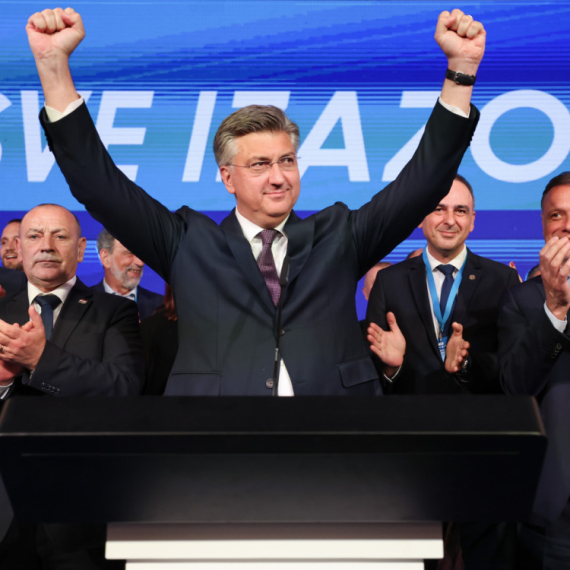

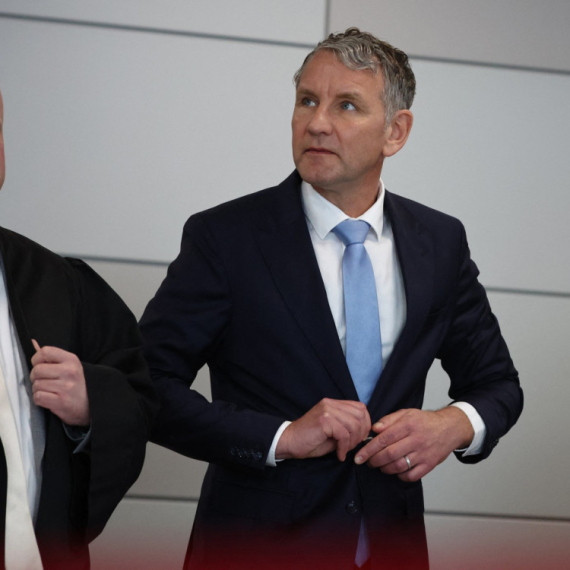










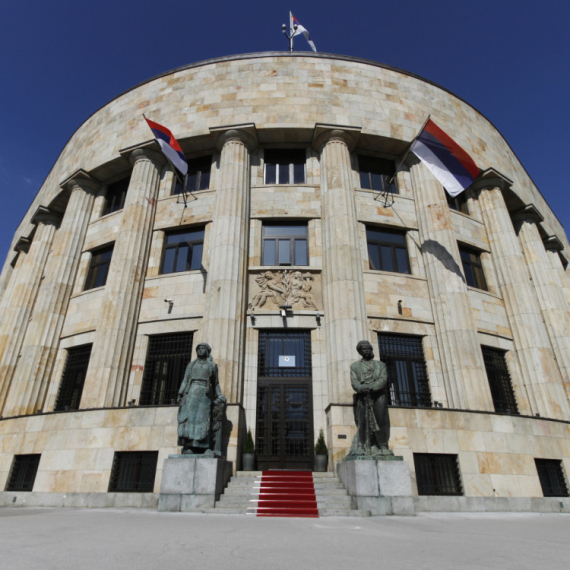

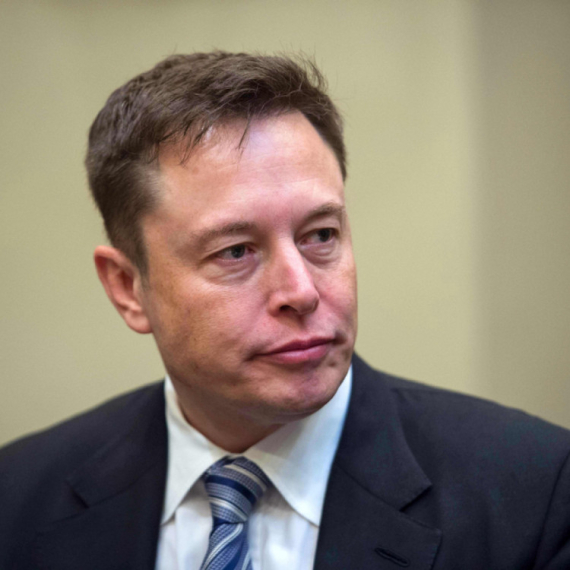












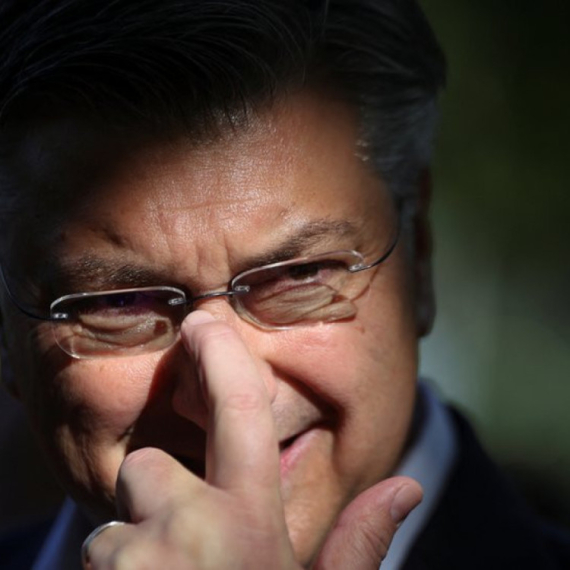
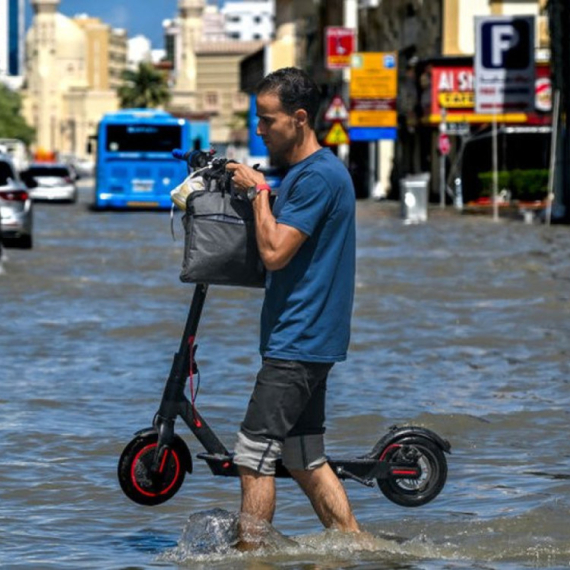


Komentari 0